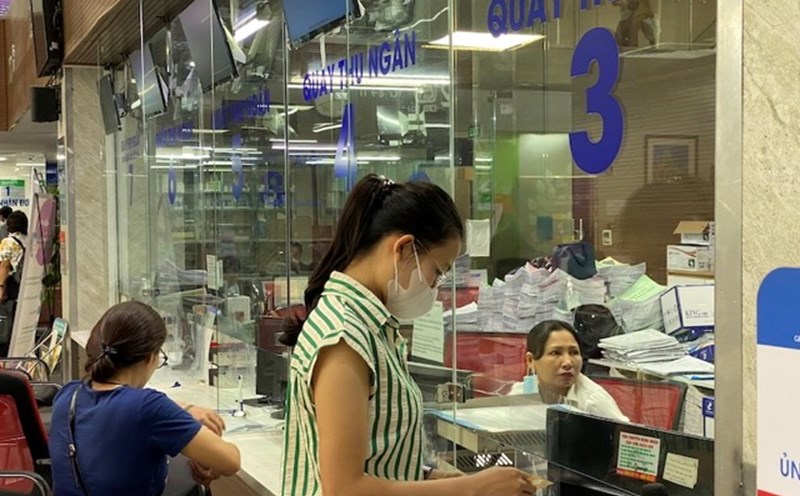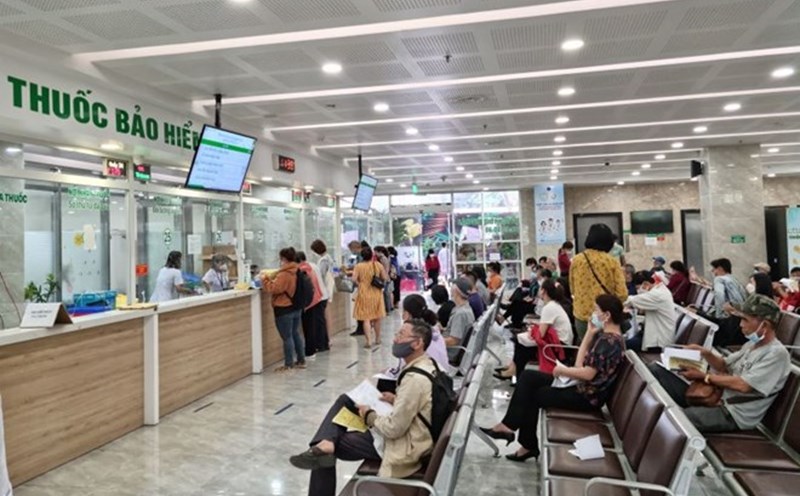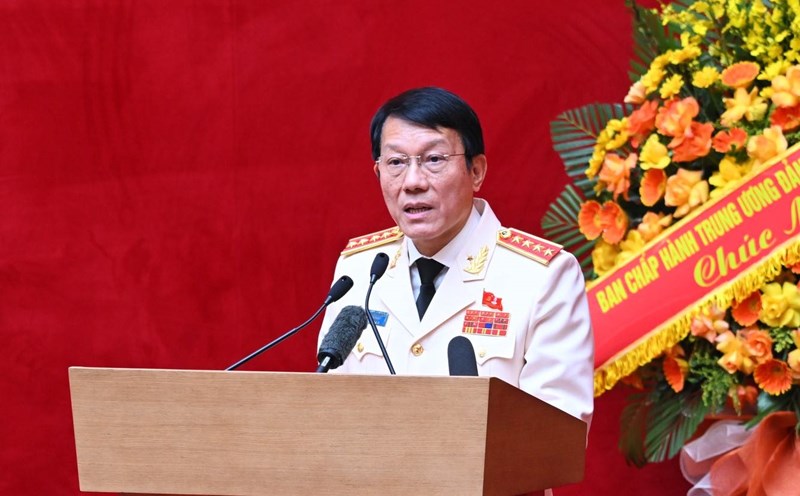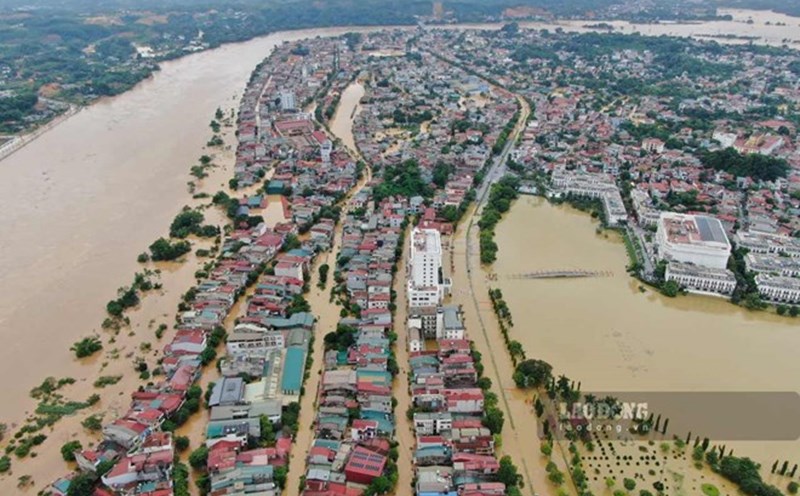Increasing allowances for medical staff needs to be done quickly
After nearly 15 years of no change, the allowance level for medical staff is being proposed by the Ministry of Health to be adjusted to ensure a minimum living standard and worthy payment for employees.
Currently, on-duty allowances, surgical - procedures allowances, anti-epidemic allowances and meal allowances are outdated, no longer suitable for increasing work pressure. In fact, the main surgeon only receives 280,000 VND for one surgery, while many emergency and resuscitation doctors have to work continuously, without the concept of holidays and Tet, but their income is not enough to cover their living expenses.
Doctor Van Dien (name changed) has worked at a central hospital for nearly 10 years and said that his total monthly income, including salary, allowances and on-call pay, is less than 18 million VND.
"Many times I thought about quitting my job, but because I still have patients and family, I am still attached to it. If the allowance for on-duty and surgical procedures is increased, we will have more motivation and feel more secure in our profession" - Dr. Dien shared.
According to the new proposal, the Ministry of Health will sharply increase on-duty and surgical allowances, and at the same time arrange salary levels 2 for doctors immediately upon recruitment. This policy is expected to help retain frontline health workers, reducing the situation of "grey leakage" to the private sector.
Proposal to increase spending on grassroots health care
Minister of Health Dao Hong Lan said that the Ministry of Health has proposed adjusting the allowances for on-duty, surgical, procedures, anti-epidemic allowances and food allowance support levels in the direction of inheriting Decision No. 73/2011/QD-TTg, but updated on the basis of the new basic salary.
Currently, the Ministry of Health informs about the draft of a decree to adjust special allowance regimes in the health sector.
According to Minister Dao Hong Lan, the allocation of the health budget is currently being implemented according to the 2015 State Budget Law and Decision No. 30/2021/QD-TTg of the Prime Minister. In particular, the central budget will supplement localities that are not yet self-balanced, ensuring priority for disadvantaged areas, mountainous areas, border areas, and islands.
At the same time, the People's Council and the Provincial People's Committee shall base on the actual capacity of the locality to decide to allocate a minimum of 30% of the health budget for preventive medicine, prioritizing grassroots health in the spirit of Resolution No. 20-NQ/TW dated October 25, 2017 of the 6th Central Conference, 12th tenure.
The Minister said that the Government is directing the Ministry of Finance to develop principles, criteria and norms for allocating regular expenditure estimates for the period 2026-2030. In that spirit, the Ministry of Health sent Official Letter No. 1259/BYT-KHTC dated March 7, 2025 to the Ministry of Finance, proposing to increase the spending quota and supplement regulations: Allocate a minimum of 30% for preventive medicine, a minimum of 40% for grassroots health care, and continue to prioritize hospitals in disadvantaged areas, as well as specific areas such as impetigo, tuberculosis, and mental health.
According to Minister Dao Hong Lan, implementing Resolution No. 72-NQ/TW dated September 9, 2025 of the Politburo on breakthrough solutions to improve people's health and Decision No. 150/QD-TTg dated January 16, 2025 of the Prime Minister, the Ministry of Health is finalizing the draft Decree regulating a number of special allowance regimes for civil servants, public employees, workers and armed forces in public health facilities.
In particular, the proposed adjustment of key regimes include: On-duty allowances: Increase the ceiling for each on-duty session, along with support for meals, ensuring adequate work intensity and actual pressure at the grassroots level; Surgery - procedures allowances: payment for feces according to hospital class and role in the surgical team; The procedure allowance level is 0.3 times the surgical allowance of the same type; Anti-epidemic allowances: Become a stable regime, associated with the basic salary, support for preventive health forces, employees taking samples, vaccinating, monitoring diseases; Meal allowance support level: Updated higher, ensuring health for medical staff during duty.
All of the above items are inherited from Decision No. 73/2011/QD-TTg, but will be recalculated based on the new basic salary to accurately reflect the current income and price level.
With the basic salary from July 1, 2024 increased to VND 2,340,000/month, anchoring allowances to this figure will help increase the income of health workers significantly, while creating an automatic update mechanism when the State adjusts salaries in the future.
Minister Dao Hong Lan affirmed that the Ministry of Health has calculated practical solutions, both ensuring the budget's payment capacity and creating motivation for grassroots health workers to work with peace of mind, especially in the context of increasing pressure on medical examination and treatment and epidemic prevention.
According to the plan, the draft Decree will be submitted to the Government by the Ministry of Health in the fourth quarter of 2025. After the Government issued it, the ministry will continue to issue a circular with detailed instructions, including regulations on classification of surgeries, human resource norms, as well as payment forms for hospitals and localities to implement uniformly.











